Humans
-
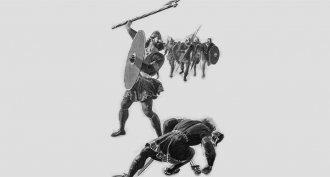 Humans
HumansBig Viking families got away with murder
The most deadly Vikings came from families that were big enough to discourage revenge.
By Bruce Bower -
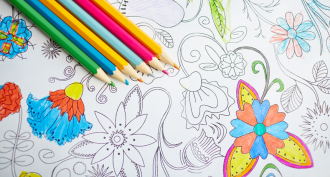 Health & Medicine
Health & MedicineSurprise! Most ‘color vision’ cells see only black or white
Cone cells in the eye’s retina can see black, white or color. The black and white ones may create sharp outlines and edges that color-sensing cones then fill in like parts of a coloring page.
-
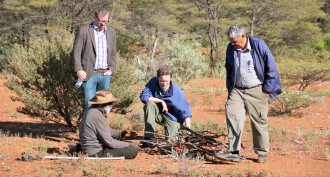 Climate
ClimateGlobe’s non-Africans all descend from a single move out of Africa
Look back far enough and everybody’s ancestors were African no more than 72,000 years ago. Climate scientists would up that date to perhaps 100,000 years ago.
-
 Health & Medicine
Health & MedicineWhat is IQ — and how much does it matter?
Studies reveal that intelligence — and success in life — depend on more than what IQ tests measure.
-
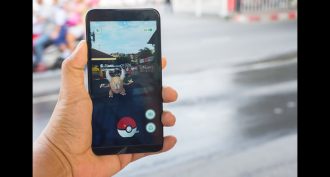 Science & Society
Science & SocietyPokémon no! Playing the popular game while driving is risky
Dangerous moves: Over a recent 10-day period, tens of thousands of people were playing Pokémon Go while driving — and tweeting about it.
-
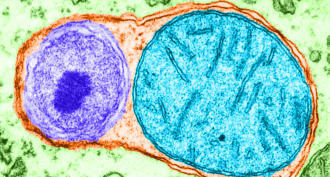 Life
LifeNobel awarded for unveiling how cells recycle their trash
Cell biologist Yoshinori Ohsumi has won the 2016 Nobel Prize for physiology or medicine for discovering how cells take care of housekeeping.
By Meghan Rosen and Laurel Hamers -
 Health & Medicine
Health & MedicineWhy trans fats became a food villain
Trans fats are now known as a dietary villain. But in the beginning, scientists thought they were better than butter.
-
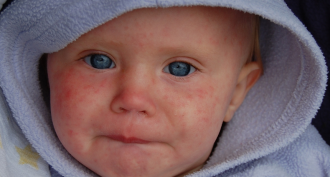 Health & Medicine
Health & MedicineMeasles in the Americas: Going, going — gone!
The Americas have at last shed a major childhood scourge: measles. The viral infection used to kill hundreds of children each year. Now the hemisphere only sees cases spread by travelers.
By Meghan Rosen -
 Health & Medicine
Health & MedicineZebra finches can ‘drink’ water from their own fat
When water is scarce, thirsty zebra finches can produce their own water. They do it by breaking down their body fat.
By Susan Milius -
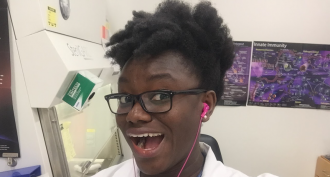 Health & Medicine
Health & MedicineHealing the world with science and medicine
Some people fear bacteria. Not these women. They are fighting disease with every tool science can give them.
-
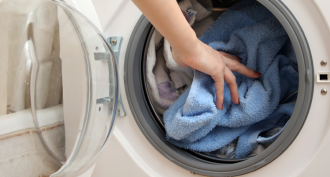 Environment
EnvironmentLaundering clothes may send indoor pollutants outdoors
Clothing absorbs pollutants from indoor air. During washing and drying, the fabric releases those chemicals into the outdoor environment, a new study finds.
-
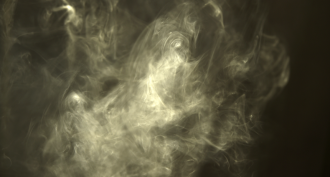 Earth
EarthNicotine from smoke enters body through the skin
Scientists have shown for the first time that nicotine from cigarette smoke can enter the body through bare skin from the air or contact with smoky clothes.